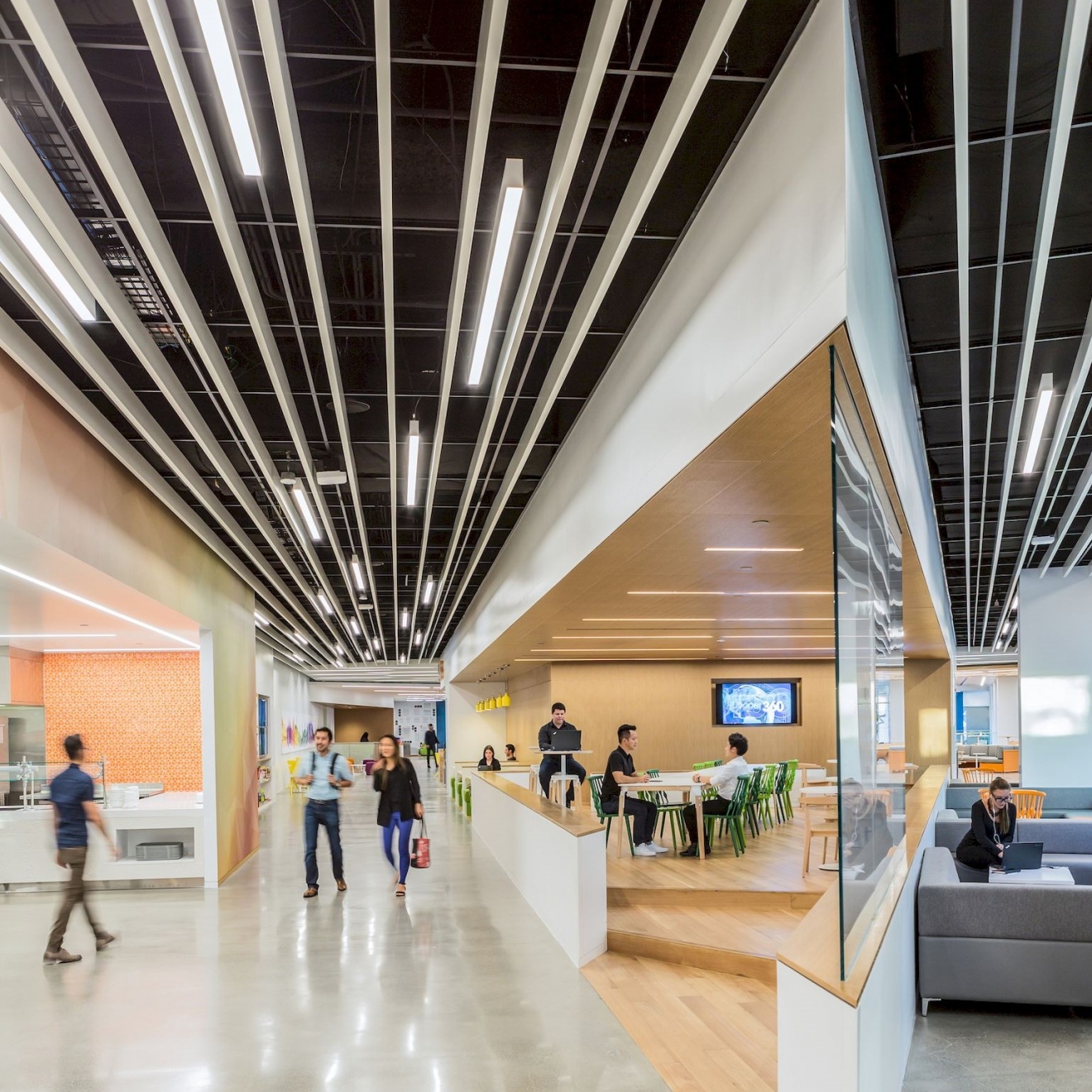November 7, 2019
BCO issues final call for 2020 Awards
 Some things in life come around quickly, the changing of the clocks, birthdays, Christmas music in supermarkets – and the British Council for Offices (BCO) Awards deadline. Just four weeks remain for wannabe winners to submit their applications, with the call for entry closing at 5pm on Friday 29th November 2019. The BCO claims that its National Awards sets the standard for excellence across the office sector in the UK, attracting over 1,300 property professionals on the evening, as they hope to take home the National Award for their category. Entrants will be judged by a regional panel of judges in the Spring, with each local winner going on to compete for the National title in October. (more…)
Some things in life come around quickly, the changing of the clocks, birthdays, Christmas music in supermarkets – and the British Council for Offices (BCO) Awards deadline. Just four weeks remain for wannabe winners to submit their applications, with the call for entry closing at 5pm on Friday 29th November 2019. The BCO claims that its National Awards sets the standard for excellence across the office sector in the UK, attracting over 1,300 property professionals on the evening, as they hope to take home the National Award for their category. Entrants will be judged by a regional panel of judges in the Spring, with each local winner going on to compete for the National title in October. (more…)



































October 16, 2019
Remote working can increase stress and reduce wellbeing
by Stephanie Russell • Comment, Flexible working, Wellbeing